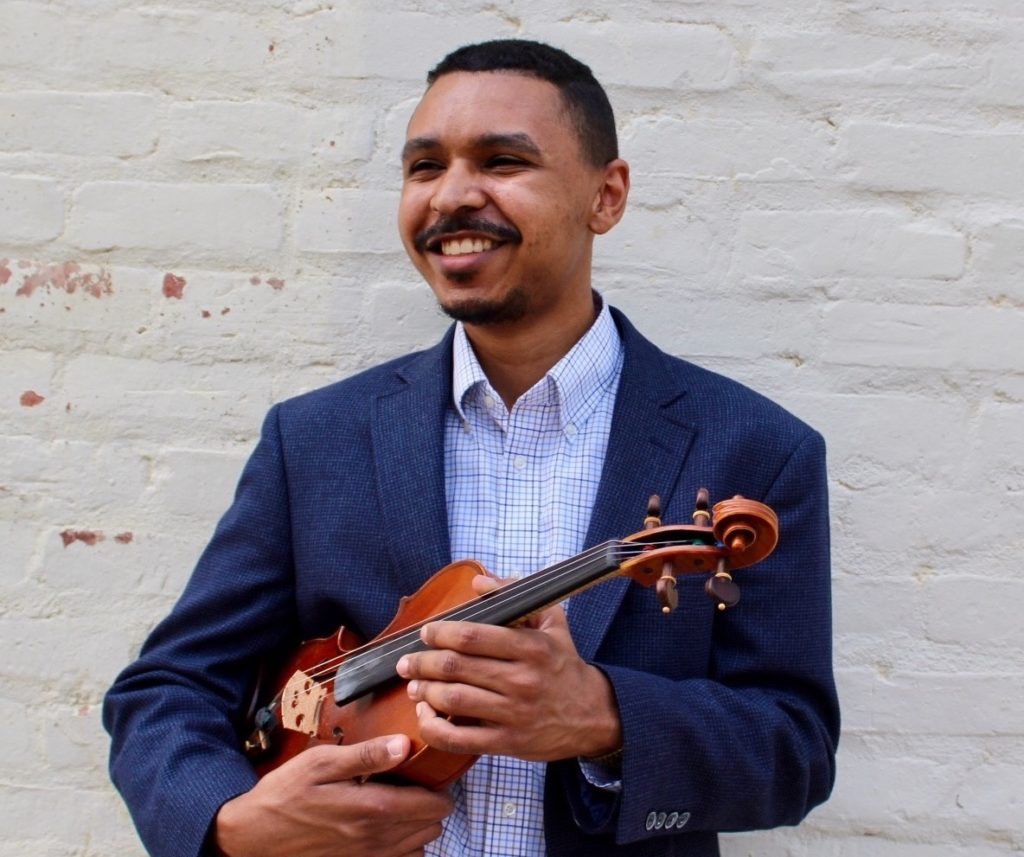Community Stories: Nicholas Felder, Equity Challenge Facilitator
Published on July 18, 2022 in Diversity, Equity and Inclusion

As a facilitator for the United Way 21-Day Equity Challenge, I spoke with people in various stages of their equity journey. Some people were just beginning and examining their identity and privilege while others had been doing the work for years. They related on how much and how long and how many people it took to pass a single solution addressing an issue in their community. What surprised me when I heard people’s stories were not the literal issues they faced but the amplification of their barriers in relation to my own experience. As a former graduate student, I still attain access to numerous groups where I can freely talk about DEI issues and gain support, personally and professionally. However, for many of the people in the Community Roundtable Discussion groups, it seemed this space was one of their few outlets.
This proves how facilitation is activism. It’s about not only engaging with content but also a structure based in community and collaboration, centering our truths, identities and experiences. It’s about practicing critical personal investigation and recognizing our biases and blind spots (because we all have them). It’s listening to people’s stories, especially those different from our own. And it’s learning to embrace the hard spaces—where people get real and suppressed, painful experiences surface. You meet people there, connect with them and work through the space together. And that’s where you find hope and where this work becomes lasting and meaningful.
One of my favorite things about equity work is it requires collaboration and community building. We can and need to move through this work together. I am so grateful for the conversations during the United Way 21-Day Equity Challenge pushing us to open up and deconstruct and rebuild in order to reach the future envisioned by so many activists and leaders before us.
Do you have a story to tell? Click here to fill out our form.